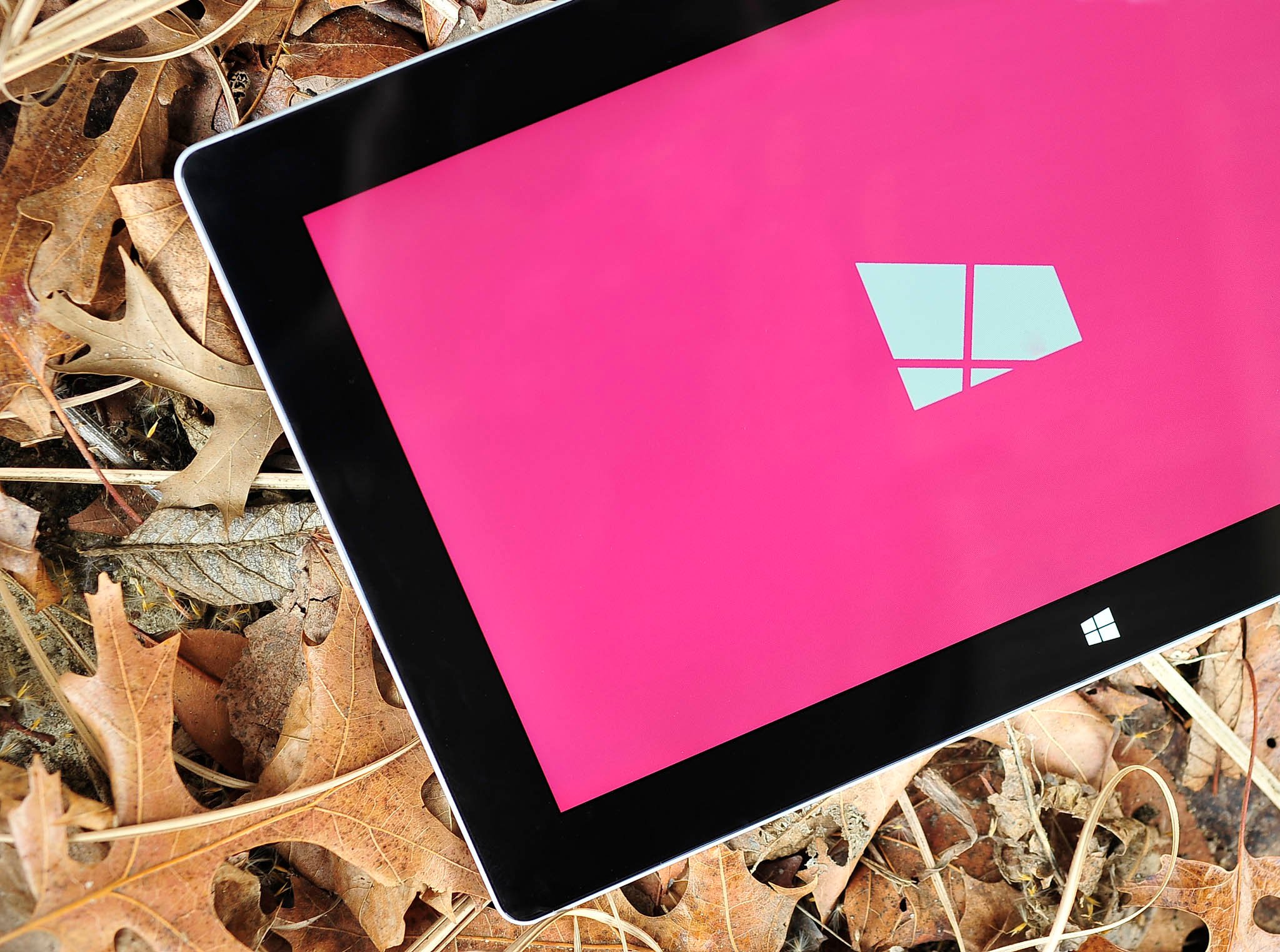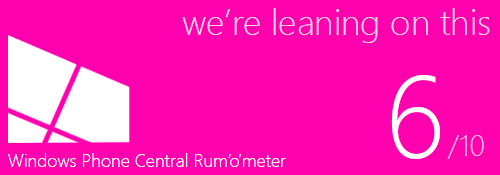Microsoft reportedly working on server software that will run on ARM-based chips

All the latest news, reviews, and guides for Windows and Xbox diehards.
You are now subscribed
Your newsletter sign-up was successful
While Microsoft is rumored to be getting out of the Windows RT business for its ARM-based Surface tablets, a new report claims that the company is currently working on a version of its Windows server software that would run on ARM-based processors.
The report comes from Bloomberg, which cites unnamed sources. It adds that Microsoft has not made a decision yet on if it will launch the ARM-based server software to the public. If the report is true, this could allow companies that use ARM-based chips to enter the server hardware market that's been dominated by machines that use Intel's chips. HP recently launched their Moonshot servers that have ARM-based chips from AMD.

While ARM tablets using Windows RT have not proven themselves to be popular to consumers, it's possible Microsoft could find a new enterprise and business audience for the operating system with servers. Do you think Microsoft should continue Windows RT development for servers?
Source: Bloomberg
All the latest news, reviews, and guides for Windows and Xbox diehards.

John Callaham was a former contributor for Windows Central, covering Windows Phone, Surface, gaming, and more.
